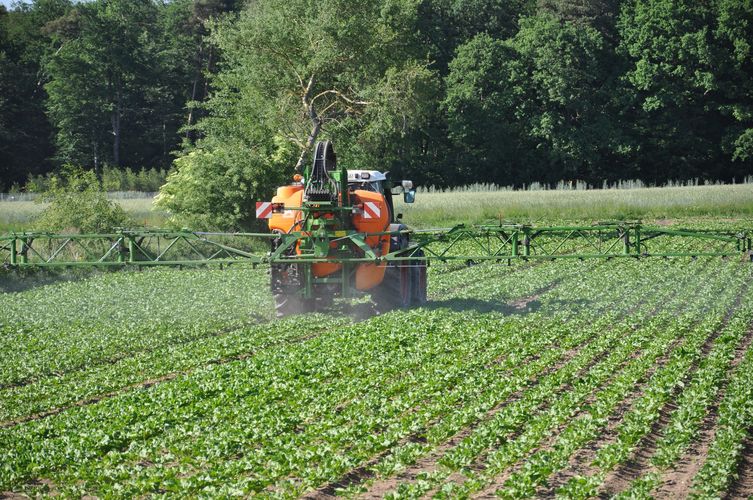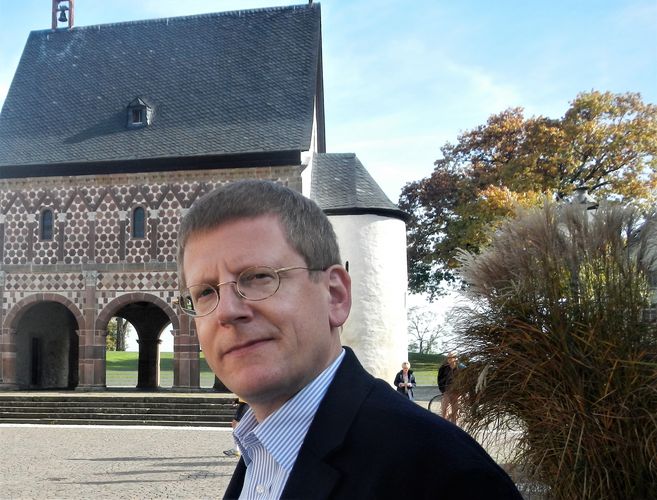Declining biodiversity threatens the very basis of human life. Science contends that there are many reasons for this decline. However, while much research is being conducted into the connection between species decline on the one hand and loss of habitats, invasion by non-native species or climate change on the other, science is giving less attention to the impact of chemicals on biodiversity. A recent study by a team of researchers led by Professor Henner Hollert, Dr. Francisco Sylvester and Fabian Weichert from Goethe University Frankfurt corroborates this.
The team has analyzed in depth the scientific literature on this topic from 1990 to 2021. According to their analysis, the very many research papers on environmental pollution through chemicals were published in only a small number of highly specialized ecotoxicological journals, in which papers on biodiversity loss are only occasionally found. “This suggests that the field is highly encapsulated, which is in stark contrast to publication behavior in relation to other causes of global biodiversity loss,” says Henner Hollert. “Research on the environmental impact of chemicals is still mostly dissociated from the assessment of biodiversity loss.”
The authors call for a stronger interdisciplinary focus in research so that the impacts of chemical substances on biodiversity can be better understood and mitigated. What makes the researchers optimistic here is the fact that there have been many methodological advances in ecotoxicology and ecology in recent years.
Francisco Sylvester, Fabian G. Weichert, Verónica L. Lozano, Ksenia J. Groh, Miklós Bálint, Lisa Baumann, Claus Bässler, Werner Brack, Barbara Brandl, Joachim Curtius, Paul Dierkes, Petra Döll, Ingo Ebersberger, Sotirios Fragkostefanakis, Eric J. N. Helfrich, Thomas Hickler, Sarah Johann, Jonas Jourdan, Sven Klimpel, Helge Kminek, Florencia Liquin, Darrel Möllendorf, Thomas Müller, Jörg Oehlmann, Richard Ottermanns, Steffen U. Pauls, Meike Piepenbring, Jakob Pfefferle, Gerrit Jasper Schenk, J.F. Scheepens, Martin Scheringer, Sabrina Schiwy, Antje Schlottmann, Flurina Schneider, Lisa M. Schulte, Maria Schulze-Sylvester, Ernst Stelzer, Frederic Strobl, Andrea Sundermann, Klement Tockner, Tobias Tröger, Andreas Vilcinskas, Carolin Völker, Ricarda Winkelmann, Henner Hollert: Better integration of chemical pollution research will further our understanding of biodiversity loss. Nature Ecology and Evolution (2023) https://doi.org/10.1038/s41559-023-02117-6

